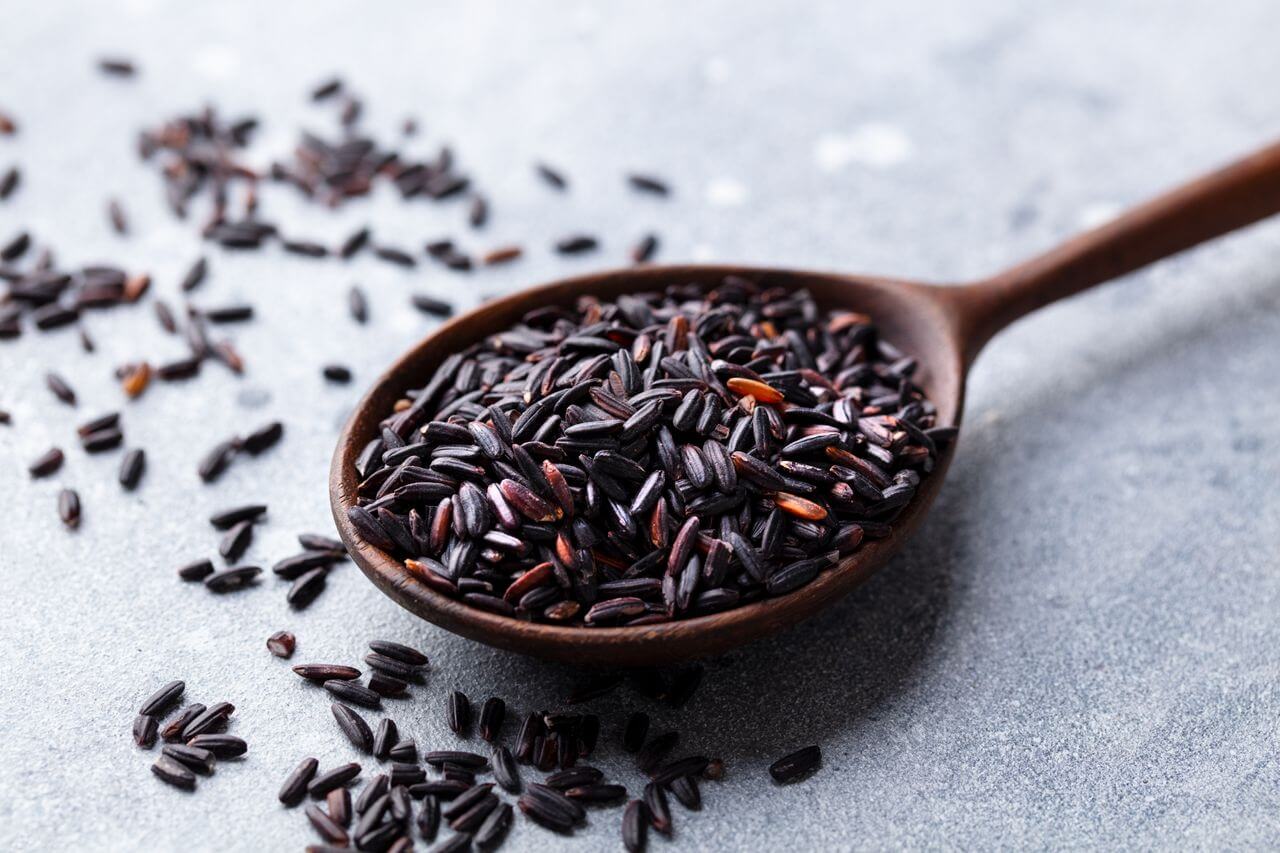Yoghurt consumption daily may help reduce diabetes risk: Doctors
Tue 16 Apr 2024, 00:35:10

According to doctors, regular consumption of plain yoghurt may help patients lower their risk of diabetes and insulin resistance.
Yoghurt has long been known to curb the risk of diabetes, however, the US Food and Drug Administration (FDA) in March made the first-ever qualified health claim that eating yoghurt may reduce the risk of Type-2 Diabetes (T2D).
Based on limited scientific evidence, the regulatory body said that "at least three servings of yoghurt per week may reduce the risk of T2D incidence for the general population", revealed a study published in the journal Diabetes & Metabolic Syndrome: Clinical Research & Reviews.
However, "yoghurt will not cure or treat people with T2D", said researchers from the University of Pennsylvania, US, in the paper.
Speaking to IANS, Vandana Verma, Principal Dietitian at Sir Ganga Ram Hospital, said that the approval of yoghurt for managing blood sugar is due to its probiotic content, which promotes gut health.
"The gut microbiome plays a vital role in regulating glucose metabolism and insulin sensitivity, essential for blood sugar management. Probiotics in
yoghurt may enhance these functions, making it potentially beneficial for individuals with diabetes or at risk of it," she said.
yoghurt may enhance these functions, making it potentially beneficial for individuals with diabetes or at risk of it," she said.
However, she emphasised that all yoghurts are not equal.
"Some may lack probiotics or contain added sugars, reducing their health benefits. Opting for plain yoghurt with live cultures and avoiding added sugars is preferred. Additionally, incorporating yoghurt into a balanced diet with fruits, vegetables, whole grains, and lean proteins, coupled with regular exercise, is crucial for managing and reducing diabetes risk," the dietician said.
Besides fighting off diabetes, the presence of Lactobacillus casei, Streptococcus thermophilus, and Bifidobacterium species in yoghurt boosts immunity, reduces obesity, and keeps the liver healthy.
“These metabolites may prove anti-inflammatory and may change immunity by modulating IL-1 and IL-6. Decreased visceral fat and obesity can reduce insulin resistance, also modulated by cytokines, resulting in fewer new-onset diabetes cases and less non-alcoholic fatty liver disease (NFLD)," said Dr Rajeev Gupta, Director - Internal Medicine at the C.K. Birla Hospital (R), Delhi.
No Comments For This Post, Be first to write a Comment.
Most viewed from
Most viewed from Health
AIMIM News
Asaduddin Owaisi files nomination papers on Friday
Apr 20, 2024
Owaisi Begins Election Campaign in Hyderabad
Apr 13, 2024
Latest Urdu News
Most Viewed
May 26, 2020
Do you think Ruturaj Gaikwad would be a good captain for Chennai Super Kings?
Latest Videos View All
Like Us
Home
About Us
Advertise With Us
All Polls
Epaper Archives
Privacy Policy
Contact Us
Download Etemaad App
© 2024 Etemaad Daily News, All Rights Reserved.















.jpg)

























